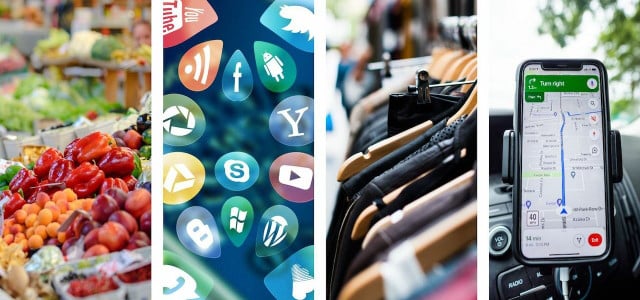Technology has made life easier in a lot of ways, but there are also plenty of things that make us dumber. We'll take a look at some of the worst offenders.
There are so many valuable skills that we are losing due to the technological advancements of modern society. Yes, it makes our lives easier, but at what cost? We’ve compiled a list of things that make us dumber, and what you can do to combat it.
1. Fast Fashion Instead of DIY

(Foto: CC0 Public Domain / Unsplash / freestocks)
Sewing, knitting, quilting, and other textile art forms used to be skills that were passed down from generation to generation, or even in home economics classes in schools. Making your own clothes was once a necessity, but with the rise of fast fashion, clothing is sold so cheaply that making it yourself is no longer a cost-effective option.
Recommended Solution: Quit fast fashion and strengthen your brain by learning how to knit a beanie, mend your clothes instead of buying replacements, and upcycle clothes with a thrift flip.
2. Googling Everything
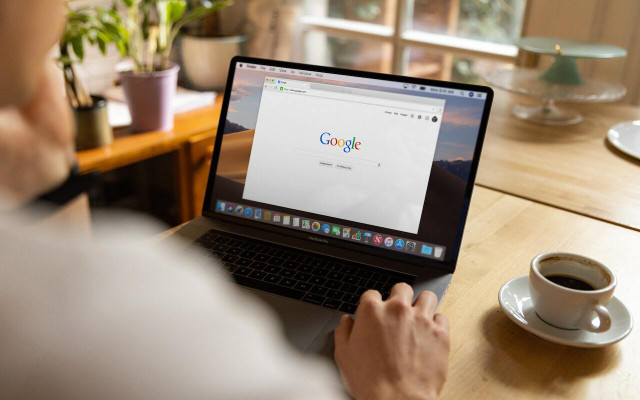


(Foto: CC0 Public Domain / Unsplash / Firmbee.com)
Unless you are specifically setting out to do so, it’s nearly impossible to disconnect from the internet nowadays. With so much information at our fingertips, we don’t need to remember anything and can rely on using Google instead. Research has shown that our ability to recall information has decreased alongside the increase in popularity of computers and the internet. It’s almost as if we use computers and smartphones as external storage for our brains. In fact, many people don’t even know their own phone numbers anymore, let alone their friends or families — the same could be said for addresses. Instead, we rely on the information stored on our phones.
Recommended Solution: Take a break from the screens with a digital detox. Learn a language, pick up a new skill, read more books, or play memory games.
3. Using GPS to Find Our Way
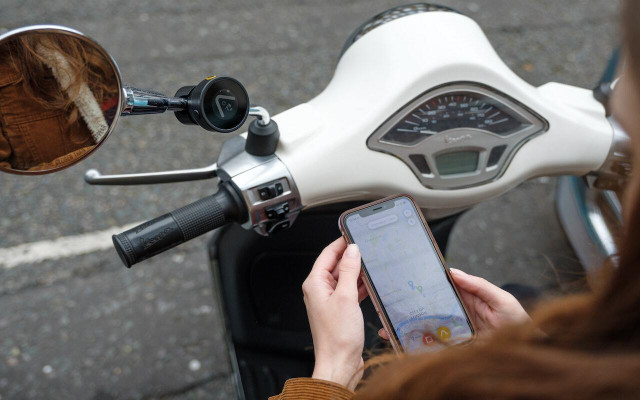


(Foto: CC0 Public Domain / Unsplash / Beeline Navigation)
Back before GPS and digital maps were commonplace, people had to rely on their own sense of direction, or use physical copies of maps to find their way around. Not only do we tend to use technical aids for long distances, people often can’t even find their way around their own city or know which way is north or south without the use of Google Maps.
A 2017 study took a deeper look at the impact our reliance on navigation apps has on our brains. Brain activity was higher in the group that did not rely on the navigation system, and the part of the brain that was stimulated is responsible for learning and remembering new information.
Recommended Solution: Take the time to reorient yourself with your city and learn the cardinal directions. You don’t need to stop using your phone, but try to look things up before you go and memorize the directions to give your brain a challenge.
4. Social Media
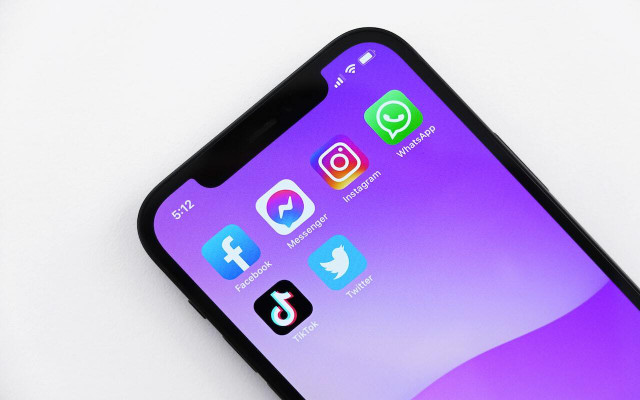


(Foto: CC0 Public Domain / Unsplash / Jeremy Bezanger)
More than half of the global population uses social media, with the average user clocking 2.5 hours per day. Not only is social media said to have negative impacts on mental health, but a 2013 study found that it actually impairs performance on cognitive-based tasks. Particularly in students, social media affects the ability to learn new information as it affects the brain’s attention span.
Recommended Solution: Set yourself a time limit when it comes to social media — you can do that on your own, or set limits up on your phone. Try to schedule social media time, and build it into your routine so that you are less distracted by it. Take the time to digest what you’re reading, instead of mindlessly scrolling.
5. Fitness Trackers
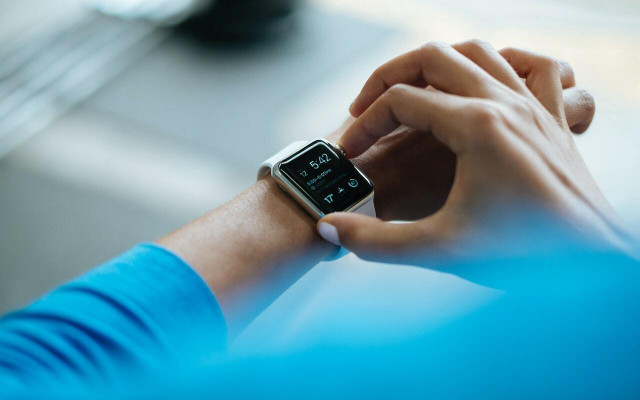


(Foto: CC0 Public Domain / Unsplash / Luke Chesser )
Smartwatches and fitness trackers can be a very useful tool and have increased in popularity since they were first introduced to the market. When used for training, athletes are able to gain insights into their performance metrics. If you wear one to find out how many steps you’ve taken in a day, if you managed to get enough sleep or to remind you to drink more water, your brain isn’t being used to its full potential.
Recommended Solution: Wear your fitness tracker when you’re out for a run, a cycle, or other training activity, but take it off when you’re finished. Learn to listen to what your body is telling you, instead of relying on an app.
6. Fast Food & Junk Food



(Foto: CC0 Public Domain / Unsplash / Brett Jordan)
So many of us have crammed our schedules so full that we barely have time to eat, let alone make a meal. Fast food seems to solve this problem by getting food on the table quickly. However, as time goes on, people are forgetting the art of cooking and the nutrition aspect that goes along with it.
Snacking on sweet and salty junk food isn’t just bad for our waistlines, it can be bad for the brain as well. Consuming high levels of sugars and fats can also cause neuroinflammation, which can damage the hippocampus. This is the part of the brain that is responsible for storing memories, meaning that learning new things becomes more difficult.
Recommended Solution: Get back to basics and try to cool a healthy meal several times a week. Start small with some of our fantastic recipes, and work your way up to more elaborate meals. For any complete novices out there, ask friends or family to help get you started, or enroll in a cooking class.
7. Full Grocery Stores



(Foto: CC0 Public Domain / Unsplash / nrd)
Strawberries in the dead of winter? Pumpkins in the spring? You can walk into any grocery store in the country and find full shelves of food, regardless of whether it is in season or not. Fruit, vegetables, and even meat are transported from all across the globe so that the shelves in our grocery stores are always full. As a result, many of us no longer know how to eat seasonally, or even what grows naturally in our area. We are slowly losing the knowledge of what grows when.
Recommended Solution: Start shopping for produce at farmers’ markets instead of grocery stores, as this will enable you to see what is available at certain times of year. It’s also great for your local economy and the environment to buy from suppliers in your area. Start a community garden and grow your own produce.
8. Best-Before Dates
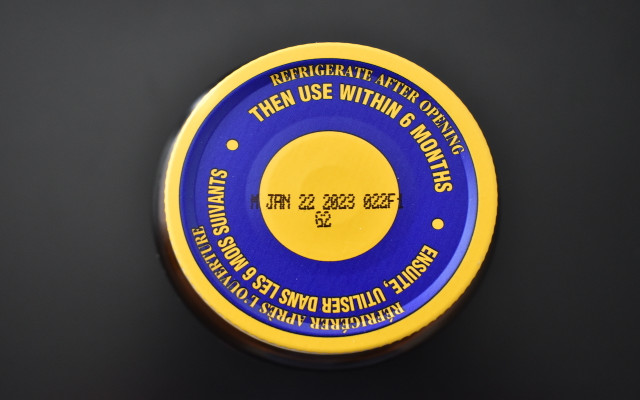


(Foto: Utopia / K.Stankiewicz)
Although product dating is not required by federal law, many companies do choose to put the information on their products. The main problem is that people take these at their word, and throw out food that is still completely edible, instead of relying on their senses to figure out if it’s still edible.
Almost all foods last longer than the best-before date on the package — these are guidelines referring to the peak flavor or quality of the food. Use your eyes and nose to figure out if your food has gone off instead of relying on best-before dates.
Recommended Solution: Before you throw anything out, see if it passes the sniff test. If you’re still not sure, taste a small amount to figure out if it has gone wrong. Storing food correctly can also help extend the shelf life even further.
A Positive Outlook
It’s easy to get weighed down by all the negatives of modern society, but not all advancements in technology have been a bad thing. Access to all kinds of information also allows us to research how to best solve our problems.
YouTube video tutorials for fixing things mean we don’t need to go out and replace something just because it’s broken. Video calls enable loved ones to stay in touch regardless of how much distance separates them. They also provide a great opportunity for those looking to practice new languages, as you can have conversations with native speakers of your target language. Social media platforms can be used to raise awareness for important causes, and collect donations for charities.
Stay mindful of the tools you use to make everyday life easier and reap the rewards.
Read more:
- Techlash: A Democratic Move or a Threat to Sustainable Growth?
- Can Dematerialization Help Build a More Sustainable World?
- Dopamine Detox: Does it Really Work?
Important Information regarding Health-related Topics.
** Links to retailers marked with ** or underlined orange are partially partner links: If you buy here, you actively support Utopia.org, because we will receive a small part of the sales proceeds. More info.Do you like this post?






